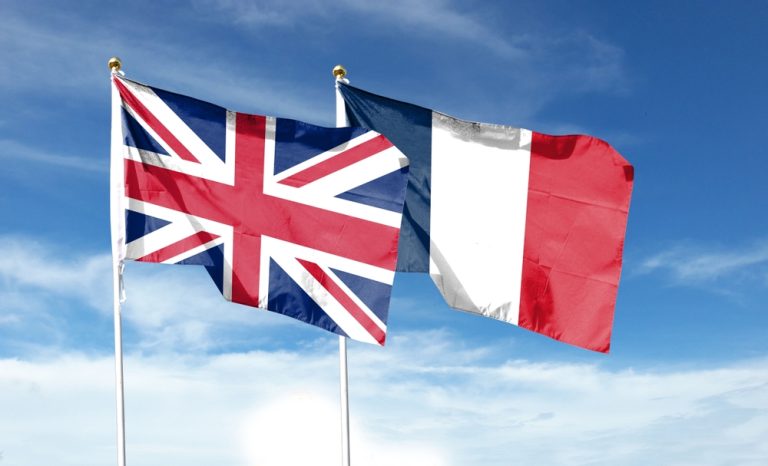New pilot deal aims to curb dangerous Channel crossings
Britain and France have agreed to a pilot migration plan allowing the UK to send back to France a limited number of migrants who cross the English Channel in small boats. Announced in London by Prime Minister Keir Starmer and President Emmanuel Macron, the deal is seen by UK officials as a potential precedent for future returns of unauthorized arrivals.
Under the agreement, set to launch within weeks, the UK will return a portion of small-boat migrants to France while simultaneously accepting an equal number of asylum seekers with valid claims. The approach, dubbed “one in, one out,” is intended to deter perilous crossings and disrupt smuggling operations that have grown increasingly brazen.
So far in 2025, more than 21,000 people have crossed the Channel in small boats — a 56% increase over the same period last year. The crossings have fueled political backlash in Britain and triggered calls for stronger border controls.
“There is no silver bullet here,” Starmer stated at the press conference, “but for the first time, migrants arriving via small boat will be detained and returned to France in short order.” Macron added that the pilot program aims to produce a deterrent effect while reinforcing bilateral cooperation.
Political tensions and years of failed attempts
Small-boat crossings have plagued UK-France relations for over a decade. Migrants once relied on stowing away in trucks or trains via the Channel Tunnel, but increased security measures shifted smuggling strategies to sea routes around 2018. Since then, inflatable boats packed with migrants have become a near-daily occurrence.
Past cooperation efforts included UK funding for French coastal patrols, drones, and dismantling of migrant camps in Calais. However, collaboration deteriorated after Brexit, with trust between the two nations weakening.
The new agreement marks a reset in the bilateral relationship, underpinned by shared interest in reducing Channel crossings. British officials welcomed recent signs of stronger French enforcement, including video footage of French police disabling dinghies before launch.
Still, migration experts caution against overconfidence. “Authorities crack down, and then migrants and smugglers adapt,” noted Mihnea Cuibus of Oxford’s Migration Observatory. “It becomes a game of cat and mouse.”
Defensive ties deepen with coordinated nuclear deterrence
The summit also yielded landmark defense agreements. Britain and France pledged to coordinate their nuclear deterrents for the first time, reinforcing their joint role as Europe’s only nuclear powers. Starmer emphasized that “any extreme threat to this continent would prompt a response from our two nations.”
These agreements reflect renewed unity following Brexit, underscored by the summit’s pageantry and mutual declarations of long-term partnership. State ceremonies, formal toasts, and personal gestures between Macron and Starmer signaled a thaw in diplomatic relations.
Ukraine support and U.S. involvement expand coalition
The leaders also visited a UK military base and joined a planning meeting for the “coalition of the willing” — a proposed international force designed to enforce a future ceasefire in Ukraine. For the first time, U.S. officials joined the discussion, including President Donald Trump’s special envoy to Ukraine and Russia, retired Lt. Gen. Keith Kellogg.
Senators Lindsey Graham and Richard Blumenthal, co-authors of a new sanctions bill targeting Russia, also attended. The coalition agreed to base its future headquarters in Paris, signaling readiness to deploy rapidly after the war ends.


